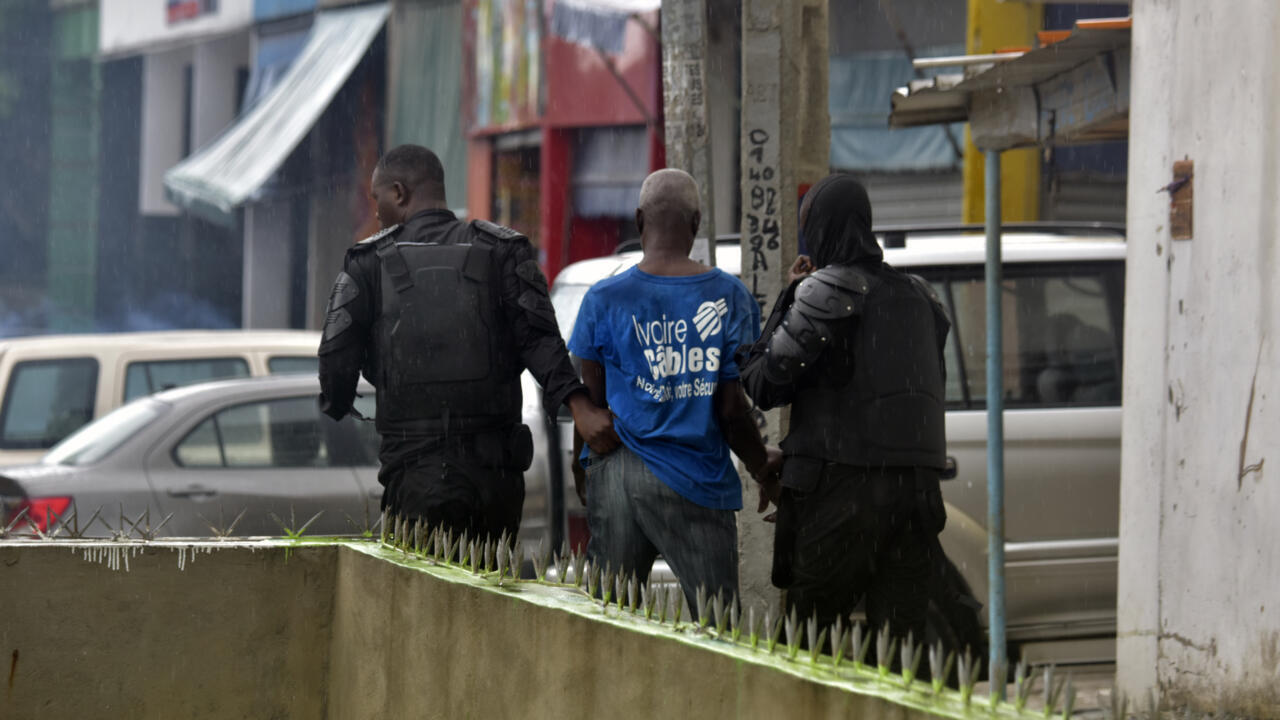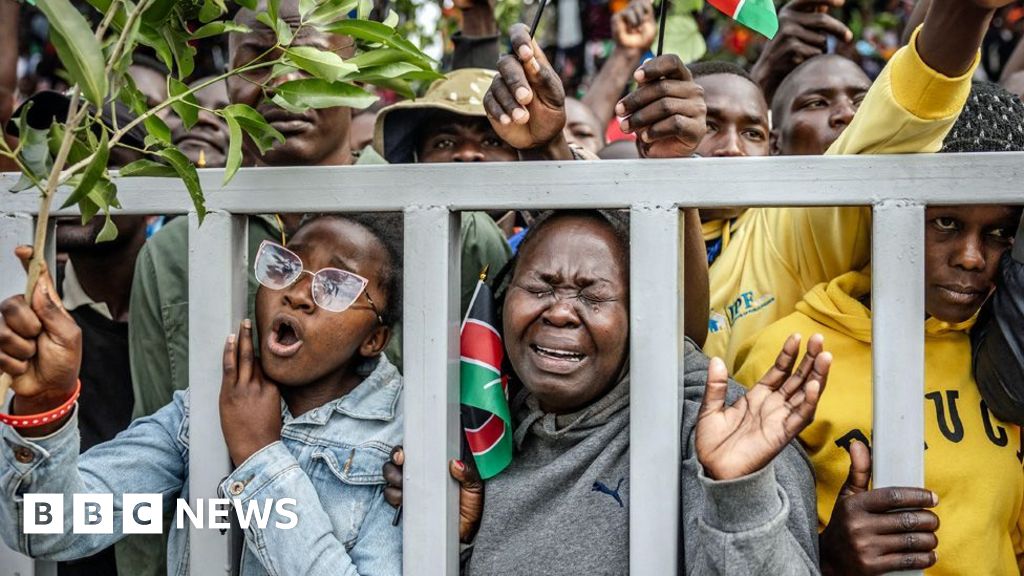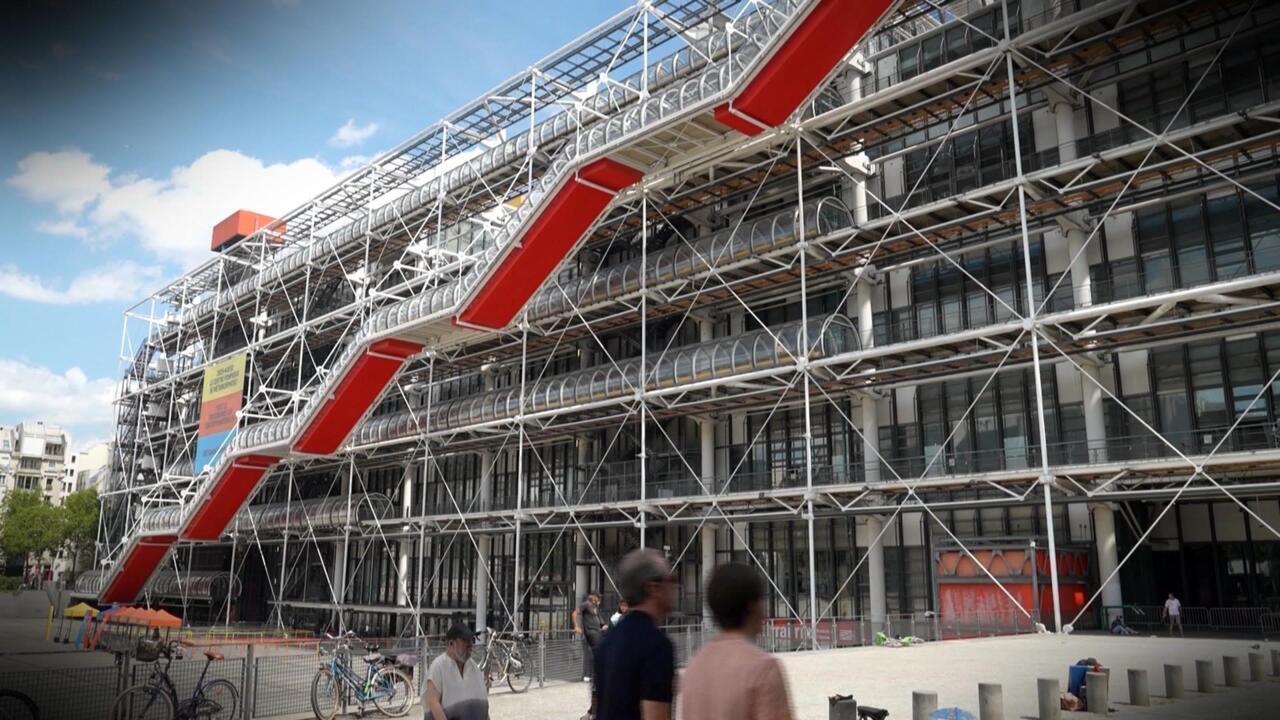A proposal to suspend EU funding to Israeli start-ups will be discussed as initial punitive action for Gaza atrocities.
Published On 30 Aug 2025
Divided foreign ministers from the European Union are tussling over what action to take over Israel’s genocidal war in Gaza after the bloc’s humanitarian aid chief called on them to “find a strong voice that reflects our values and principles” amid Israeli death, destruction and man-made starvation across the besieged enclave.
Ministers from the EU’s 27 member countries have gathered to discuss the war at a meeting in the Danish capital, Copenhagen, on Saturday.
They will also discuss a proposal to suspend EU funding to Israeli start-ups as initial punitive action. The bloc has so far failed to garner the majority needed to take that step – let alone move ahead with more forceful measures against Israel.
There are splits between member states, like Spain and Ireland, who want to apply heavy pressure on Israel to stop its punishing attacks on Palestinians, and its firm allies, such as Germany and Hungary, who want to take little or no action at all.
Spain’s Foreign Minister Jose Manuel Albares told Al Jazeera ahead of the meeting that the EU is doing “too little too late” and “doing nothing … hadn’t achieved anything” when it came to the situation in Gaza. He said he wanted to increase pressure on Israel during the meetings in Copenhagen.
Host Danish Foreign Minister Lars Lokke Rasmussen said on Saturday: “We are witnessing the most catastrophic humanitarian catastrophe. Israel must change its course. We should find common ground. I am not revealing a secret by saying we must change words into sanctions. Denmark is ready to suspend the trade chapter in the association agreement and put sanctions on the [Israeli Prime Minister Benjamin] Netanyahu government and some ministers in his government.”
EU foreign policy chief Kaja Kallas told reporters before the meeting, “I’m not very optimistic, and today we are definitely not going to adopt decisions.
“It sends a signal that we are divided.”
Many EU governments have sharply criticised Israel’s conduct during the war, particularly over the deaths of civilians and restrictions on supplies of humanitarian aid.
The outcry intensified after a global hunger monitor that works with the United Nations and major aid agencies, the Integrated Food Security Phase Classification (IPC), said last week it had determined there was famine in Gaza – a finding rejected by Israel despite overwhelming evidence.
But EU members have been divided over a common response, with some calling for economic measures to pressure Israel and others stressing a desire to maintain dialogue.
Meanwhile, French Foreign Minister Jean-Noel Barrot said there should be no restrictions on access to next month’s United Nations General Assembly, after the United States said it would deny visas to members of the Palestinian Authority.
“A UN General Assembly meeting should not be subject to any restrictions on access,” Barrot said.
The EU’s executive body proposed last month to curb Israeli access to an EU research-funding programme but the proposal has so far not found enough support from member countries to pass.
Countries including France, the Netherlands, Spain and Ireland have shown support for the proposal but others, such as Germany and Ital,y have not backed it so far, diplomats say.
‘Change of mood on the streets of Europe’
Al Jazeera’s Hashem Ahelbarra, reporting from Copenhagen, said the EU members are struggling with Gaza and on the issue of issuing sanctions on Israel.
“The problem is there is a change of mood on the streets of Europe,” he said, adding that the pressure on the European politicians has been increasing.
“More and more people across Europe say that the EU failed to deliver on the promises it made when it comes to the protection of humanitarian law and human rights.”
Hadja Lahbib, the European commissioner for crisis management who oversees EU humanitarian aid, said it was “time for the EU to find a collective voice on Gaza”.
Speaking to reporters in Brussels this week, she declined to specify what action she thought should be taken but made clear she wanted more pressure on Israel.
“What is happening there is haunting me and should haunt all of us,” she said of Gaza. “Because this is a tragedy. And we will be judged by history.”
Ukraine also on the agenda
The EU foreign ministers are also expected to discuss the war in Ukraine and the future of some 210 billion euros ($245.85bn) in Russian assets frozen in the EU under sanctions imposed on Moscow.
Ukraine and some EU countries, including Poland and the Baltic states, have called for the EU to confiscate the assets and use them to support Kyiv.
But EU heavyweights France and Germany – along with Belgium, which holds most of the assets – have rebuffed such calls.
Source:
Al Jazeera and news agencies

 1 month ago
27
1 month ago
27










 English (US) ·
English (US) ·